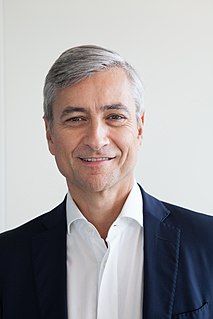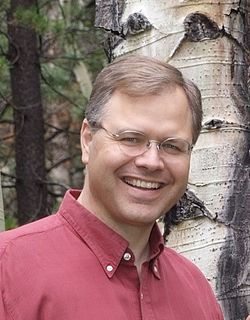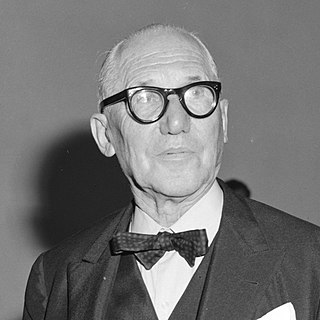A Quote by Vivek Agnihotri
I was one of those students that would protest and think the unrest will help create a revolution.
Related Quotes
We Marxists believe that a revolution will also take place in other countries. But it will take place only when the revolutionaries in those countries think it possible, or necessary. The export of revolution is nonsense. Every country will make its own revolution if it wants to, and if it does not want to, there will be no revolution.
[University students] hated the hypocrisy of adult society, the rigidity of its political institutions, the impersonality of its bureaucracies. They sought to create a society that places human values before materialistic ones, that has a little less head and a little more heart, that is dominated by self-interest and loves its neighbor more. And they were persuaded that group protest of a militant nature would advance those goals.
The real challenge is not to get people to remember more, but to get them to understand better. We're just now beginning to be able to show what we can implement with technological tools. I think our interest at Apple is to be the provider of the instruments that will help educators and students create and entirely new kind of learning than what we have now.
I want to make meditation an absolute for all students, whatever the subject they may be studying, so their awareness becomes more and more clean and clear. And out of that clarity we can create a beautiful world. Those scientists, if they are also meditators, will not create atomic bombs to destroy. They may use atomic energy to move trains so they don't pollute the air. They may use that atomic energy in the factories so they don't pollute air. Rather than killing man, the same atomic energy can be a tremendous help to save man and his future.
If someone was to introduce hope and idealism into our political system, I think the tension that would create in other areas would certainly be ripe. You would think that if you bring oxygen to the organism, the organism lives. But there may be other organisms in there that thrive in darkness and in a more anaerobic environment. Watching those creatures writhe will always be interesting.
But everyone cannot be there, and that is why photographers go there - to show them, to reach out and grab them and make them stop what they are doing and pay attention to what is going on - to create pictures powerful enough to overcome the diluting effects of the mass media and shake people out of their indifference - to protest and by the strength of that protest to make others protest.






































